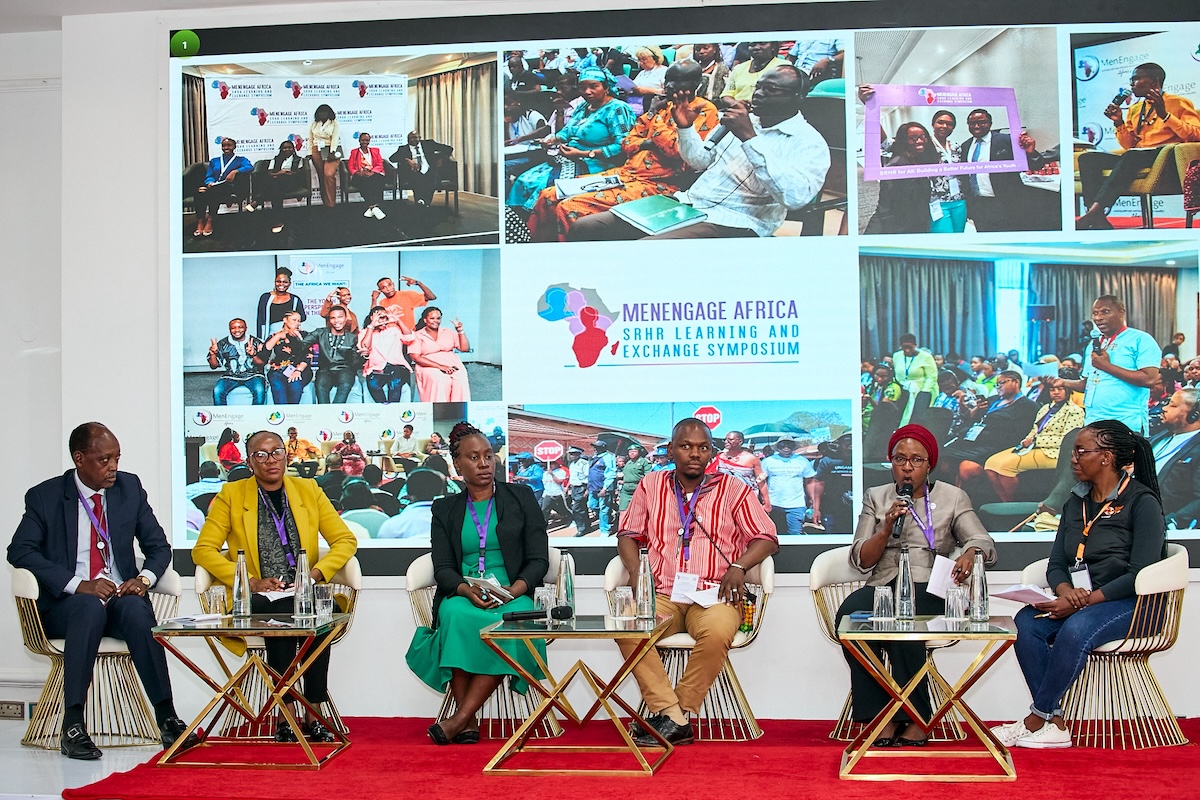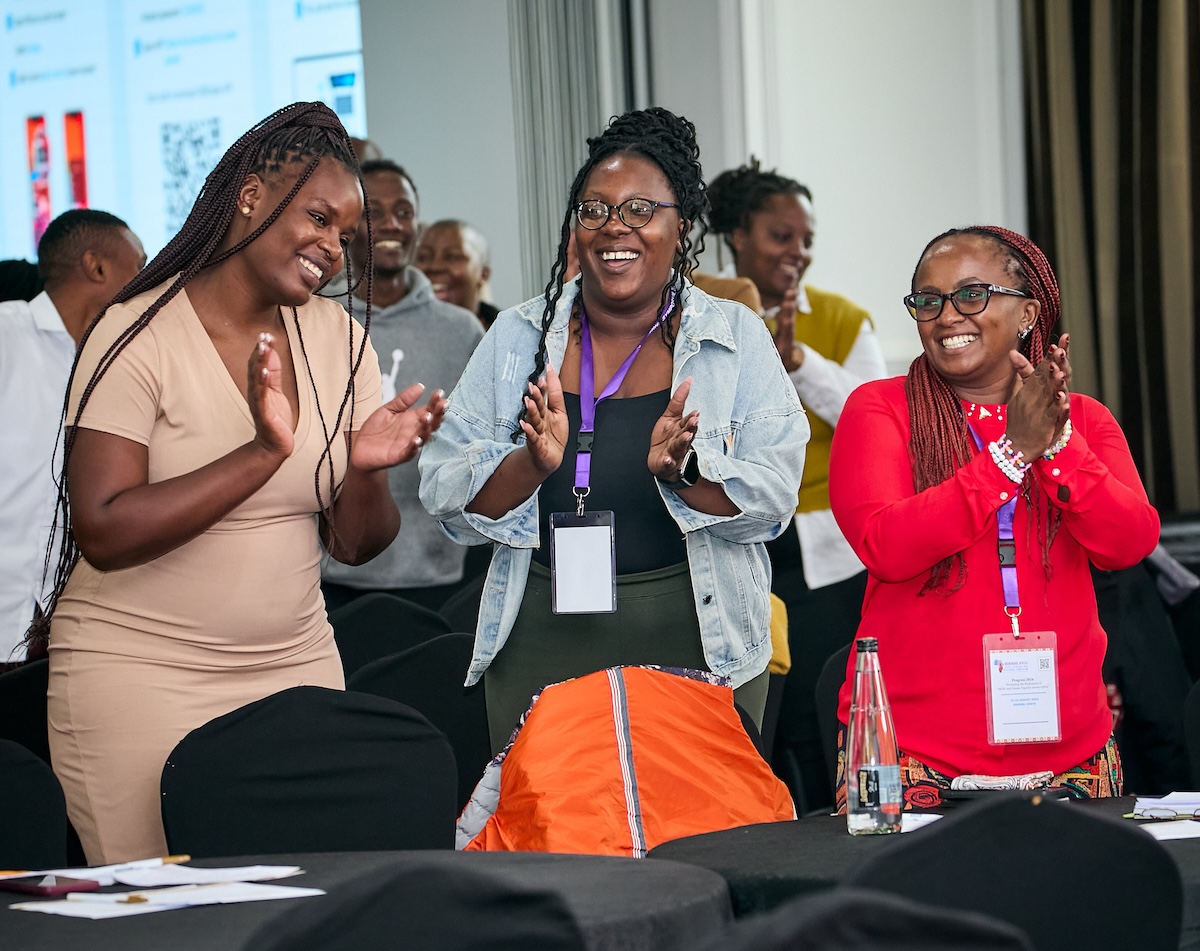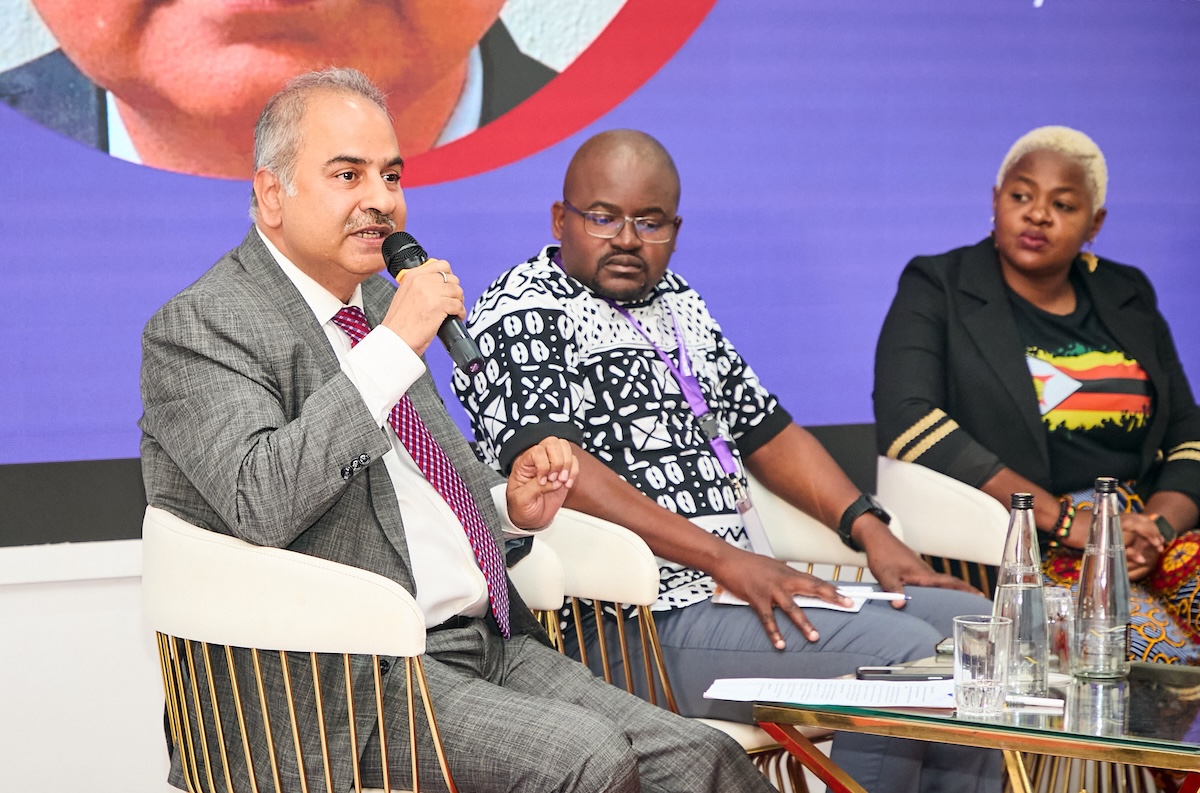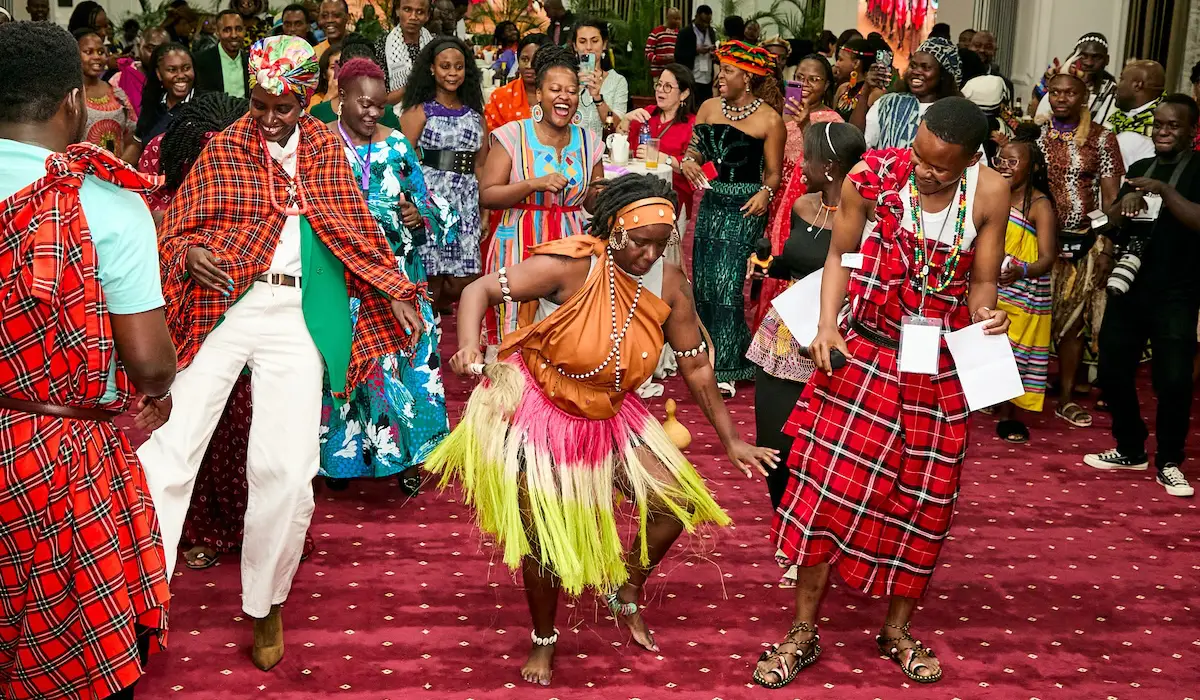The MenEngage Africa Sexual and Reproductive Health Rights Learning and Exchange Symposium concluded in Nairobi, Kenya, leaving a lasting impact on the continent’s efforts to promote SRHR for all. The three-day event brought together a diverse group of stakeholders, including government officials, civil society organisations, researchers, and community leaders, to share knowledge, experiences, and best practices under the theme PROGRESS 2024: “Promoting the realisation of SRHR and Gender Equality across Africa’’. With an attendance of over two hundred participants from all around Africa, Indonesia and The Netherlands. The symposium was the second of its kind, following the inaugural one that took place in South Africa last year. The symposium hosted twenty-one breakout rooms and three plenaries over three days.
“Every individual, regardless of age, gender, or background, has the right to make informed decisions about their sexual and reproductive health,” said Deputy Ambassador Geir Arne Scheir of the Royal Norwegian Embassy in Nairobi. He also reaffirmed the commitment of the Government of Norway to gender equality and SRHR anchored in the belief that every individual regardless of age and ethnicity has access to the information needed to fully realise their SRHR.

Moreover, diverse stakeholders from civil society organisations (CSOs), embassies and international organisations gave opening remarks, all emphasising that SRHR are fundamental human rights essential for well-being, and that they are a cornerstone of social justice, gender justice and sustainable development. Maximina Jokonya (Executive Director, Y+ Global) noted that African youth continue to face barriers in accessing their human rights in all facets of their lives and highlighted the need to have honest conversations as a movement committed to ‘doing development differently’. This was echoed by Jacqueline Utamuriza-Nzisabira, Regional Policy Specialist for United Nations Women East and Southern Africa, speaking on behalf of Hodan Addou Regional Director for UN Women East and Southern Africa, urged on the need to prioritise addressing the structural drivers of inequalities that become the structural drivers of vulnerabilities to HIV transmission and SRHR violations such as economic inequality and harmful societal norms.
Bafana Khumalo Co-Executive Director, Sonke Gender Justice affirmed that achieving SRHR for all is a complex, multifaceted endeavours that requires commitment to feminist principles, collaboration, and dialogue, and that commitment must extend beyond the symposium walls to ‘the communities we serve and the lives we touch’.

The symposium served as a platform for participants to discuss critical issues related to men’s engagement in SRHR, such as gender-based violence, harmful gender norms, and access to comprehensive sexual and reproductive health services. Key themes explored during the event include:
- Challenging harmful gender norms: Participants examined how traditional gender roles and stereotypes contribute to SRHR inequities and explored strategies for promoting gender equality.
- Promoting men’s engagement in SRHR: The symposium discussed the importance of involving men and boys in SRHR programming and explored effective approaches to engage them as allies and advocates.
- Addressing gender-based violence: Participants addressed the root causes of gender-based violence and discussed strategies for prevention, response, and support for survivors.
- Improving access to SRHR services for men and boys: The symposium explored barriers to access to SRHR services for men and boys and discussed strategies for improving their availability and quality.
One of the highlights of the symposium was the presentation of innovative programs and initiatives that are making a difference in promoting SRHR among young people, men and boys in Africa. These included community-based interventions, educational programs, and advocacy campaigns.
The MenEngage Africa SRHR Learning and Exchange Symposium was a significant milestone in the continent’s efforts to advance SRHR for all. The event provided a valuable opportunity for stakeholders to connect, learn from each other, and develop collaborative partnerships to address the challenges and opportunities related to men’s engagement in SRHR.
As the symposium concluded, participants expressed their commitment to continuing the work initiated at the event and to using the knowledge and insights gained to drive positive change in their communities.



